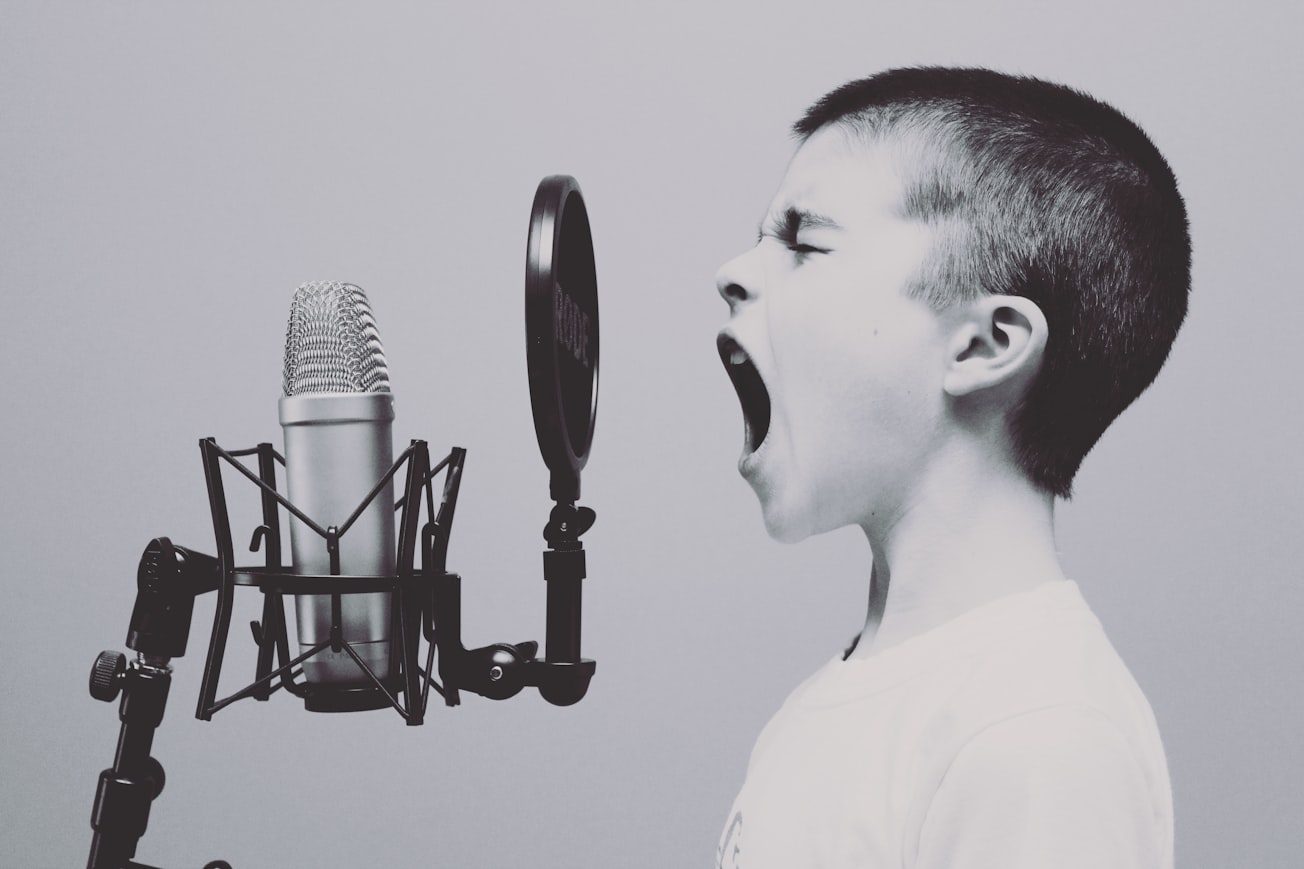What is it about?
People who believe in the status quo (I.e., things are alright, or at least we're on the right track) don't want to hear bona-fide testimonies from people who are suffering under the status quo. "Results demonstrated that participants with above-average justice beliefs reported less dialogue receptivity toward the speaker with system-threatening, compared to neutral, testimony. We interpret these findings to indicate that system justification does indeed play a significant role in people’s attitudes toward communication."
Featured Image

Photo by Jason Rosewell on Unsplash
Why is it important?
Although this study's results seem like "common sense", this is the first study to document this. We hope it's the beginning of a new line of inquiry in communication studies- the study of dialogue resistance.
Perspectives
I've never had such clean results! As figure 1 illustrates, the findings were perfectly in accord with our predictions. This is a rare experience!
Professor Aaron Cargile
California State University Long Beach
Read the Original
This page is a summary of: System justification in communication: a study of imagined dialogue receptivity, Communication Research Reports, February 2021, Taylor & Francis,
DOI: 10.1080/08824096.2021.1891039.
You can read the full text:
Resources
Contributors
The following have contributed to this page










